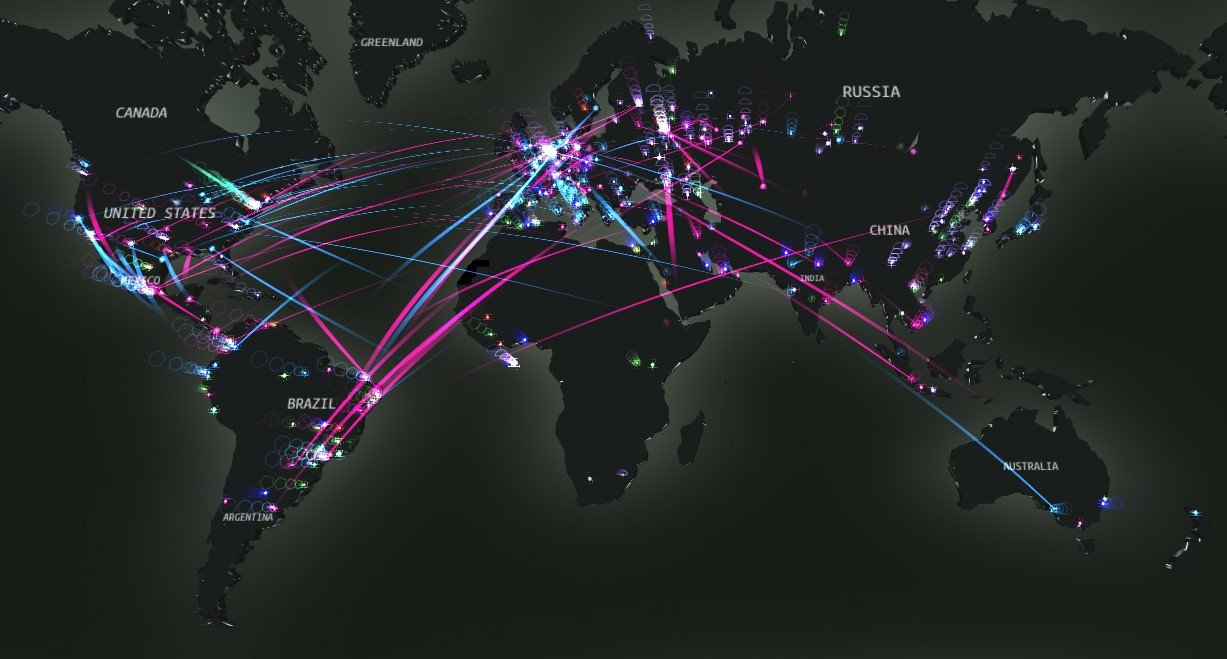Cyber warfare has become an increasingly common tool for countries to achieve their political and military objectives. State-sponsored cyber-attacks are a growing threat to governments, businesses, and individuals around the world.
In this article, we will explore what state-sponsored cyber warfare is, its impact, and the challenges of defending against it.
What is State-Sponsored Cyber Warfare?
 State-sponsored cyber warfare is the use of cyber attacks by governments to achieve their political or military objectives. These attacks can take many forms, including espionage, sabotage, and disruption of critical infrastructure. State-sponsored cyber attacks can target governments, businesses, and individuals, with the aim of stealing sensitive information, disrupting services, or causing chaos.
State-sponsored cyber warfare is the use of cyber attacks by governments to achieve their political or military objectives. These attacks can take many forms, including espionage, sabotage, and disruption of critical infrastructure. State-sponsored cyber attacks can target governments, businesses, and individuals, with the aim of stealing sensitive information, disrupting services, or causing chaos.
The Impact of State-Sponsored Cyber Warfare
State-sponsored cyber attacks can have devastating consequences for their targets. Governments can use cyber attacks to steal sensitive information, such as military secrets, diplomatic communications, or intellectual property. These attacks can also be used to disrupt critical infrastructure, such as power grids, transportation systems, and financial networks.
In addition, state-sponsored cyber attacks can cause significant financial losses for businesses and individuals.
Challenges of Defending Against State-Sponsored Cyber Warfare
Defending against state-sponsored cyber attacks can be challenging due to the advanced techniques used by attackers. State-sponsored attackers have access to advanced tools and techniques that can bypass traditional security measures. In addition, attackers can use techniques such as social engineering and spear phishing to target individuals within organizations, making it difficult to detect and prevent attacks.

Another challenge of defending against state-sponsored cyber warfare is attribution. It can be difficult to determine the source of a cyber attack, particularly when the attacker is a government. This can make it difficult for victims to respond to the attack, and for governments to hold attackers accountable.
Preventing State-Sponsored Cyber Warfare
Preventing state-sponsored cyber warfare requires a multi-faceted approach. Governments and businesses must implement strong security measures, including network segmentation, encryption, access controls, and intrusion detection and prevention systems. Regular security assessments and audits are also important to identify vulnerabilities and address them before attackers can exploit them.
In addition to technical measures, there is a need for international cooperation and collaboration to prevent state-sponsored cyber-attacks. Governments must work together to establish norms of behaviour in cyberspace and hold attackers accountable. This includes developing international laws and regulations to govern cyberspace and establish consequences for attackers.
Conclusion
State-sponsored cyber warfare is a growing threat that can have devastating consequences for its targets. Defending against state-sponsored cyber-attacks requires a multi-faceted approach that includes technical measures, international cooperation, and collaboration.
By working together to prevent state-sponsored cyber warfare, we can help ensure that cyberspace remains a safe and secure environment for everyone.

